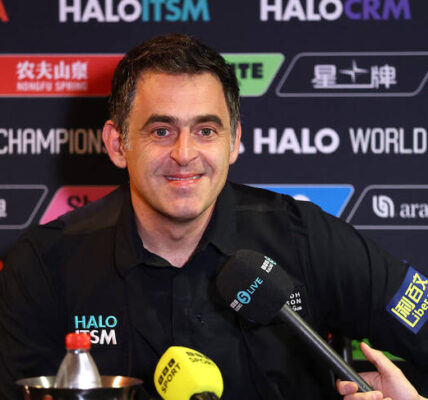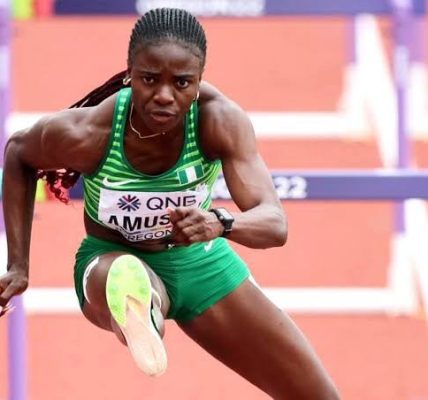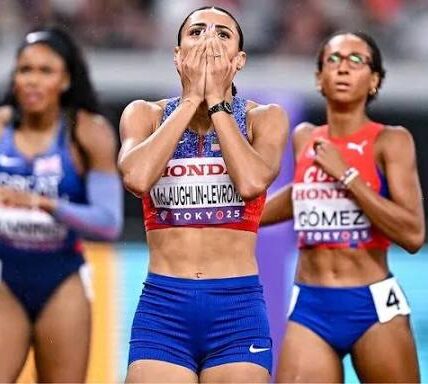Alex Rodriguez offers apology to Shohei Ohtani as David Ortiz sends message to struggling Dodgers clubhouse
On the heels of a stirring sequence in the 2025 2025 World Series, two of baseball’s most recognizable voices—Alex Rodriguez and David Ortiz—offered powerful commentary that have become talking-points in and of themselves.
Alex Rodriguez’s apology to Shohei Ohtani
Rodriguez, the former 14-time All-Star and three-time MVP, made headlines as part of the pre-game show before Game 4, during the series between the Los Angeles Dodgers and the Toronto Blue Jays.
He stepped back from mere analysis to issue what he termed a quasi-apology to Shohei Ohtani.
“I don’t think it’s a fair comparison, because I’m human and Ohtani’s not.” (SI)
“I now want to take an opportunity to apologise to Shohei Ohtani because he belongs in a higher league if this is all we have to offer…” (SI)
The back‐story: In Game 3, Ohtani produced one of the most dominant post-season offensive displays in modern memory—he went 4-for-4 with two home runs and two doubles, then reached base nine times, setting a new MLB postseason record. (The Times of India)
Rodriguez used that as the launching pad to argue that Ohtani’s impact is so extraordinary that perhaps MLB itself isn’t “big enough.”
The tone is more celebratory than contrite—but the “apology” label worked because he wasn’t apologizing for wrongdoing, but rather for Ohtani being so overwhelmingly good that the league looks small in comparison.
It’s rare for a broadcaster to frame it this way.
Why this matters:
-
It underscores how Ohtani’s two-way dominance (hitting and pitching) continues to challenge the conventional boundaries of the sport.
-
It elevates the conversation beyond “great player” to “historically transformative player.”
-
It puts the spotlight back on the Dodgers’ use of him and the team’s broader structure: if one player can dominate nearly every night, what does it say about the rest of the roster?
Critics might say Rodriguez is engaging in hyperbole—but in context, the performance validates the tone.
David Ortiz’s message to the Dodgers’ clubhouse
Meanwhile, on the same broadcast and timeframe, Ortiz offered what amounted to a reality check for the Dodgers.
After Game 4 in which the Blue Jays won 6-2 at Dodger Stadium and tied the series 2-2, Ortiz directed attention at the rest of the Dodgers’ roster, not just Ohtani.
“Shohei has a hard job to do, because he has to hit and he has to pitch …
It seems like every night, when they get going, it’s because of him.
You have a lot of superstars in the club … but until this point, they haven’t been able to come through collectively. …
We need to figure out the way we just don’t count on Ohtani.” (SI)
His message had several layers:
-
Dependence: Ortiz pointed out that the Dodgers have many marquee names (e.g., Mookie Betts, Freddie Freeman, Max Muncy) but those players haven’t delivered at a high enough level in the series so far. (The Times of India)
-
Balance: He suggested that the team cannot place the whole burden on Ohtani and must find consistent contributions elsewhere.
-
Alert: Essentially, Ortega (via Ortiz) warned the Dodgers: you may have the biggest star, but that alone won’t win you a championship without collective push.
Why this matters in the current context:
-
The Dodgers entered the World Series as heavy favourites, though they now trail.
-
The message serves as a wake-up call that depth and consistency matter.
-
Ohtani’s greatness can elevate the team—but if other key players sputter, the margin for error shrinks.
-
For the clubhouse, the voice of a legend like Ortiz carries weight; it nudges accountability.
How all this ties together
Put together, the commentary from Rodriguez and Ortiz map a narrative arc for this moment in baseball:
-
Ohtani’s era-defining performance (Game 3) forced elites like Rodriguez to rethink conventional frames of greatness.
-
The Dodgers’ challenge is now laid bare: they possess an extraordinary talent, but they must operate as a full team to win the prize.
-
The strategic implication: the Blue Jays have rallied, and the Dodgers—despite the super-star—must show cohesion, grit, and reliable production beyond one player.
Rodriguez’s words elevate Ohtani to another plane.
Ortiz’s words ground the Dodgers in their reality: in October, stars matter—but so does the team.
What to watch going forward
-
Will the Dodgers’ supporting cast step up? Bett’s slump (3 hits in 19 at-bats so far in the Series) was cited by Rodriguez as a real concern. (SI)
-
Will Ohtani continue to dominate and carry the team—or will opposing pitchers and clubs game-plan him more aggressively?
-
How the clubhouse responds: does the message from Ortiz spark a deeper urgency and collective push?
-
And from a broader lens: does baseball see Ohtani’s era as a turning point for how superstar players impact the sport structurally (versus just statistically)?


